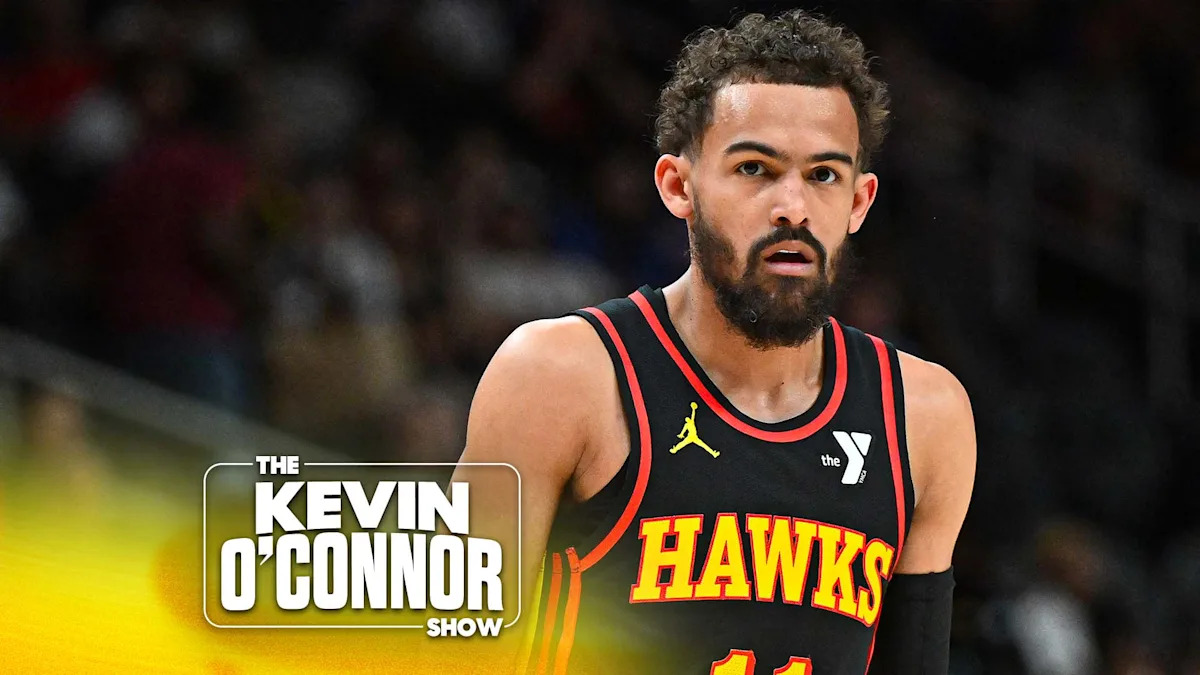There is plenty to celebrate about the Rays’ ownership changes. Fresh blood from an ownership group can lead to major changes in how a team is run and the moves they are willing to make in order to win. The Rays, up until this point, have relied on a spendthrift mentality and learning to adapt inexpensive talent into something truly impressive. It remains to be seen what the new financing behind the team will do, and all eyes will be watching this offseason to see what happens, but there is something else to consider during a regime change, and that is what impact it will have on the initiatives publicly supported by the team.
The Tampa Bay Rays (and by extension the Tampa Bay Rowdies) have been very public in their support of LGBTQ+ causes and rights over the tenure of Stu Sternberg’s ownership. We’ll get into a history of that support below, but the Rays have shown themselves to be progressive leaders in the past, putting their name and money behind some remarkably large-scale initiatives. At a time when Pride Nights were not the norm, the Rays were celebrating their queer fanbase and ensuring that everyone felt welcome at Tropicana Field. While this kind of support is not necessarily affiliated to party lines, a quick Google search is all it takes to know that there is a voting gap between the outgoing regime and incoming ownership. That type of change among top leadership might lead Rays fans in the queer community to pose a question:
What does the sale of the team mean for the Rays’ ongoing support of LGBTQ+ rights?
The Rays are a rare club that has not engaged in corporate rainbow capitalism during the month of June, where they update a few logos and make a quick buck off some merch in their store. They obviously do use these tactics the same as any other team these days does, but they have also done the work behind the scenes to show their support of the queer community isn’t just one month a year.
As far back as 2010, the Rays showed their support, specifically of LGBTQ+ youth, when they pariticpated in the It Gets Better anti-bullying campaign created by podcast host and advocate Dan Savage.
In June of 2016, the Rays hosted their largest crowd in a decade, when over 40,000 people turned out for the team’s Pride Night, which was specifically honoring the victims of the Pulse Nightclub shooting in Orlando. Bloodmobiles were on site to help get donations, and the revenue from the $5 tickets the Rays sold went to the Pulse Victims Fund. That night, over $300,000 was raised for the victims of the horrific act of homophobic violence. The Rays were later awarded an Equality Means Business award for their efforts.
Outside the stadium, the Rays were willing to put their name behind some very big legal movements. In 2015 and 2019 they signed amicus briefs that were included in appeals before the Supreme Court. The brief in 2015 was to throw their support behind marriage equality, and the brief in 2019 was to help include discrimination against sexual orientation and gender identity within the Civil Rights Act. The Rays were one of only two teams across all major sports to sign their name to this brief, the other was the San Francisco Giants. When we spoke to then-team President Brian Auld about the brief in 2019, he couldn’t have been clearer in the club’s reasoning when he said, “It’s the right thing to do.”
The Rays came under scrutiny for their pro-LGBTQ+ position when five of the club’s players refused to take the field in Pride-themed jerseys in 2022. While these players were allowed to opt out — with leading clubhouse voice Jason Adam specifically cited “faith-based” reasons for his decision — this created a new image of the Rays for those who were unfamiliar with all the work the organization had done in the past to make sure its fans felt safe and welcome at their games.
Because of these very vocal and highly publicized opt-outs, the impression many outside the fandom got was of a club that supported homophobic rhetoric. All the work the Rays had done for the LGBTQ+ community up to that point was accordingly set aside due to the short attention span of social media and a few loud voices of dissent.
The team has never quite rebounded from that particular bruising, and now, with the new ownership coming in, LGBTQ+ fans of the team have good reason to ask, “Is this still a team where we should feel welcome?”
It remains to be seen what will happen under the new regime, but the question lingers, and it is worth asking whether a decade of work done under previous ownership may soon be nothing more than a footnote in Rays history.
























